The “ebbs & flows” of getting better can be very frustrating for both patient and doctor. Today, a patient cancelled her next visit due to the “ebb” of her recovery. Last week she was on top of the world due to the “flow” of recovery. I cautioned her about getting too high with the highs and too low with the lows, and that we need to see the treatment plan through to completion. I explained that we need to “see the forest for the trees”, so to speak. She’s been suffering with chronic neck pain for two years since suffering injuries in a car crash. The first treatment gave her more relief than she had experienced in the previous two years. In fact, she had felt better for two weeks! However, her pain returned after her next visit. Again, I explained that pain would come and go as the healing process moved along, but she insisted on cancelling her next visit.
I’m blogging about this experience because it really highlights the importance of understanding the diagnosis of your injury and the how and why the treatment plan will help you recover. Pain is the body’s alarm system – it is not the “injury” itself. Pain tells you there is a problem; it is not the problem. So, when a diagnosis of disc herniations with nerve symptoms is made, we must understand the process to which healing, and pain reduction, will occur. It takes good treatment, time, and a commitment to the passive and active components of care. Time may help with pain, but not the “injury”. Injured tissue doesn’t “go away”. It needs to be rehabilitated properly.
Often, the #1 cause of an injury is a previous injury to that body part. Why? Because, generally speaking, we don’t rehab our injuries properly. Over 80% of the population chooses medicine or rest, rather than rehab. And, the 20% that do choose rehab often quit the rehab or don’t commit to the rehab fully.
I see patients recover everyday with commitment to the rehab process. Unfortunately, I also see patients quit too early or fail to commit to the healthy process of recovery.
Consider this blog entry a cautionary tale from the inside of the rehab world. As always, my commitment is to present the evidence based approach to your recovery and balance that with my experience and your preferences and values. Then the treatment plan is created. I will be upfront about the diagnosis, the prognosis, and my projected expectation for how long till you recover. I’m your health partner.
